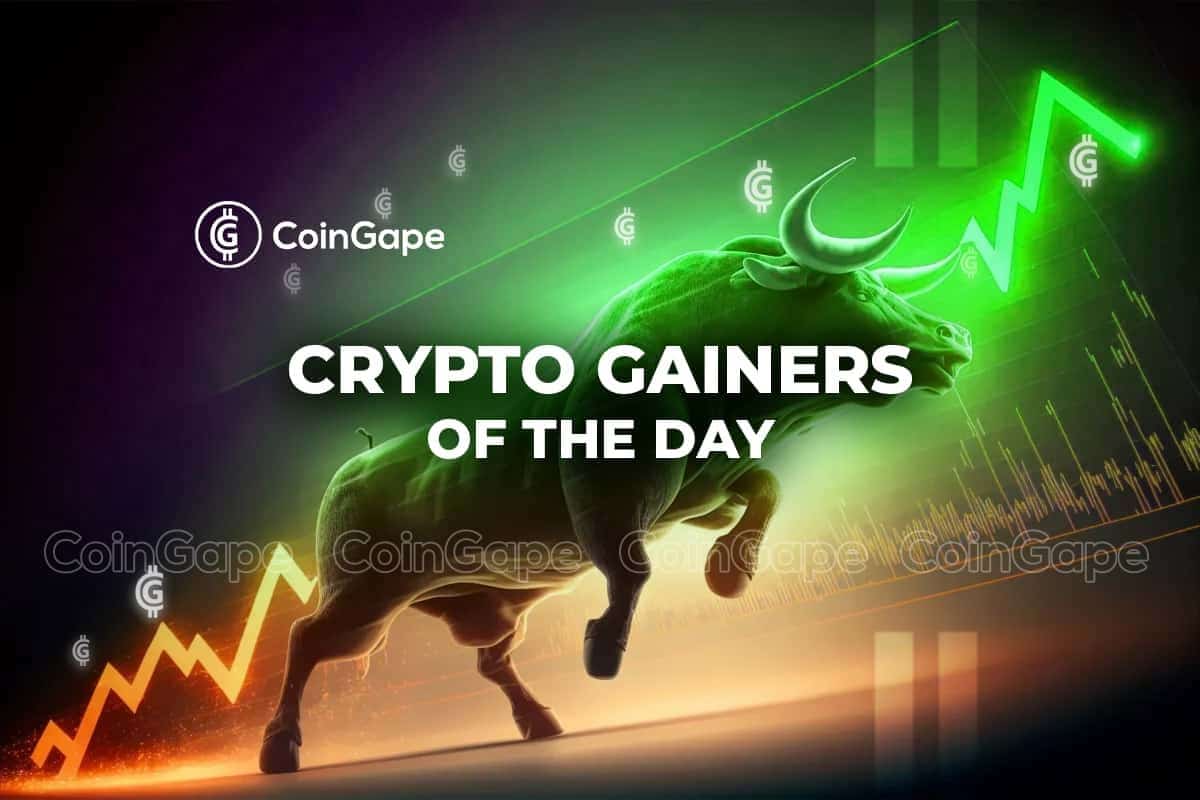Ad


Sign Up on MEXC
- Start trading without hidden costs Zero Fees on Trades
- Catch the next big altcoin before the crowd Early Access to Tokens
- News
- Markets
- Top
- Guides
- Podcast
- Block of Fame
- Awards
- About
Ad

FY Energy
- Renewable Powered Digital Infrastructure Complete the registration and get $20
- Sustainable Passive Income Growth Sign in daily to get $0.8







